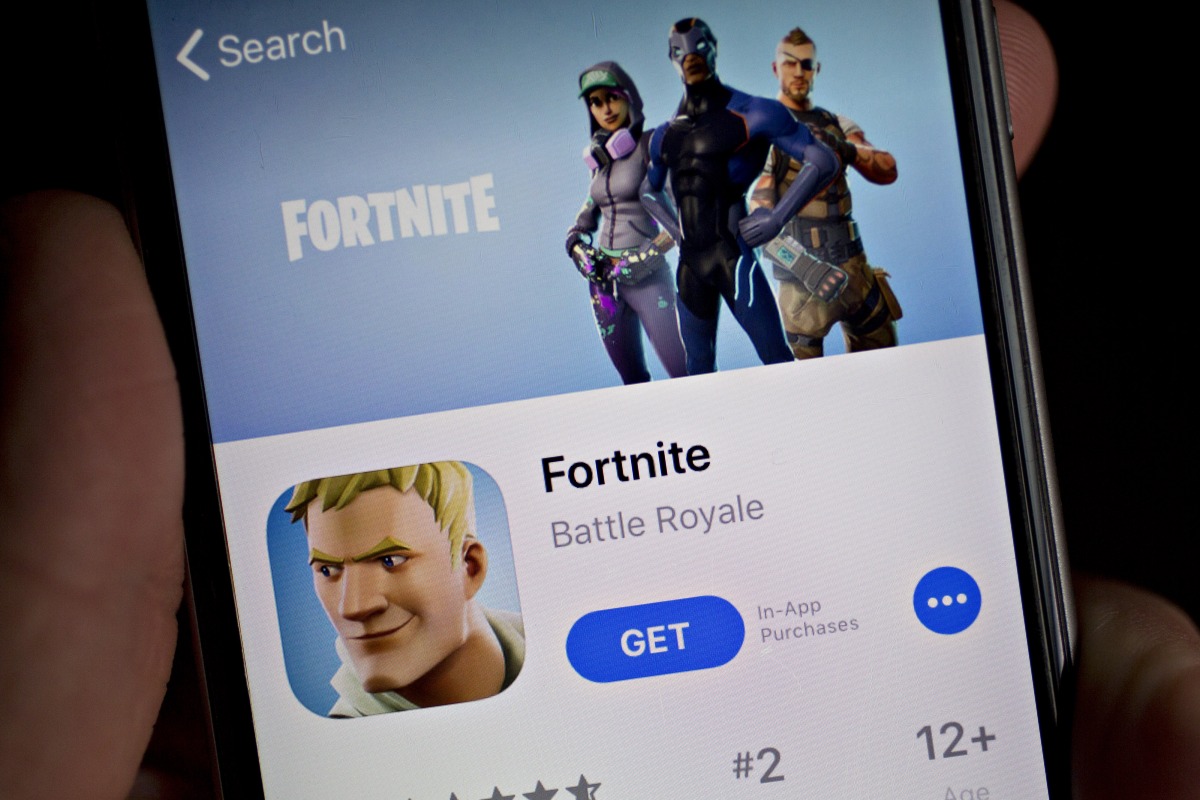Ticketmaster faces antitrust scrutiny after Taylor Swift ticket chaos • ZebethMedia
Ticketmaster is facing more scrutiny from politicians after its chaotic presales for tickets to Taylor Swift’s tour. Tennessee attorney general Jonathan Skrmetti said he is looking into whether Ticketmaster violated consumer’s rights and antitrust regulations. Skrmetti is the latest politician who has called attention to Ticketmaster and Live Nation’s hold on the ticketing market. This comes as Ticketmaster cancelled its public sales for Swift’s tour, called Eras. In a tweet, Ticketmaster said the cancellation was due to “extraordinarily high demands on ticketing systems and insufficient remaining ticket inventory to meet that demand.” The public sale would have been for tickets left over from the site’s troubled presales, which started on Tuesday for members of its Verified Fan program. Many fans experienced technical glitches and hours-long wait times, with many ultimately unable to buy a ticket. According to the New York Times, Ticketmaster said in a now-deleted post that 3.5 million people registered for the Verified Fan program. Around 1.5 million were given a special access code, and the rest were put on a waiting list. “Never before has a Verified Fan on sale sparked so much attention—or uninvited volume,” Ticketmaster said. Skrmetti said he had received complaints from fans who tried to purchase tickets for Eras. In a tweet on Thursday, the attorney general said that other state attorney generals are also looking into the matter: “Ticketmaster’s decision to cancel sales underscores the important need for accountability. Fans deserve a fair chance to buy a ticket. I’m encouraged by other state AGs who are taking this issue serious as well.” The Washington Post reports that Skrmetti said Ticketmaster should have been better prepared for the high demand and questioned whether “because they have such a dominant market position, they felt like they didn’t need to worry about that.” In another tweet before the sale was cancelled, the attorney general’s office said Skrmetti “is concerned about consumer complaints related to @Ticketmaster’s pre-sale of @taylorswift13 concert tickets. He and his Consumer Protection team will use every available tool to ensure that no consumer protection laws were violated.” ZebethMedia has contacted Ticketmaster and the Skrmetti’s office for comment. Eras is Swift’s first tour in four years and comes after the release of her new album “Midnights.” Other politicians who have raised concerns over the combined company of Ticketmaster and Live Nation, which merged in 2010, including Representative Alexandria Ocasio-Cortez, Representative David N. Cicilline and Representative Bill Pascrell, Jr. On Tuesday, Representative Ocasio-Cortez said in a tweet on Tuesday that “Ticketmaster is a monopoly, its merger with LiveNation should never have been approved, and they needed to be reigned in. Break them up.” Representative Cicilline tweeted on Wednesday that Ticketmaster’s “excessive wait times and fees are completely unacceptable, as seen with today’s @taylorswift13 tickets, and are a symptom of a larger problem. It’s no secret that Live Nation-Ticketmaster is an unchecked monopoly.” And Representative Pascrell, Jr., who was among the millions of fans put on a waitlist for Swift tickets, tweeted that Ticketmaster “The Ticketmaster-Live Nation monopoly should never have been allowed to merge and must be broken up.” Consumers are also pushing for a break up of Ticketmaster and Live Nation. An alliance of consumer rights groups, including antitrust nonprofit American Economic Liberties Project, launched a campaign last month called Break Up Ticketmaster, saying that Ticketmaster’s “market power over live events is ripping off sports and music fans and undermining the vibrancy and independence of the music industry.”


